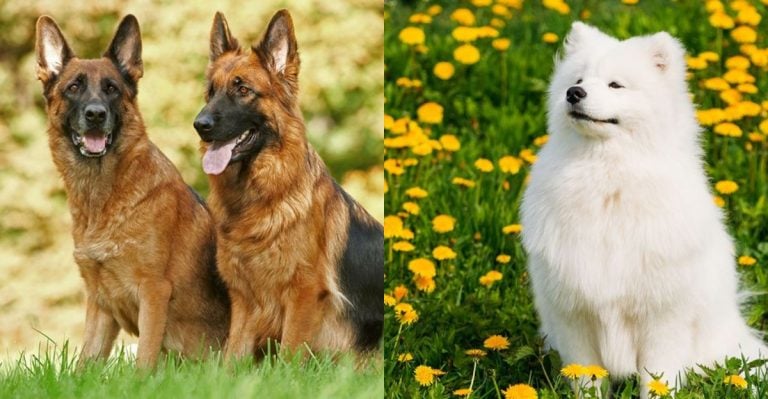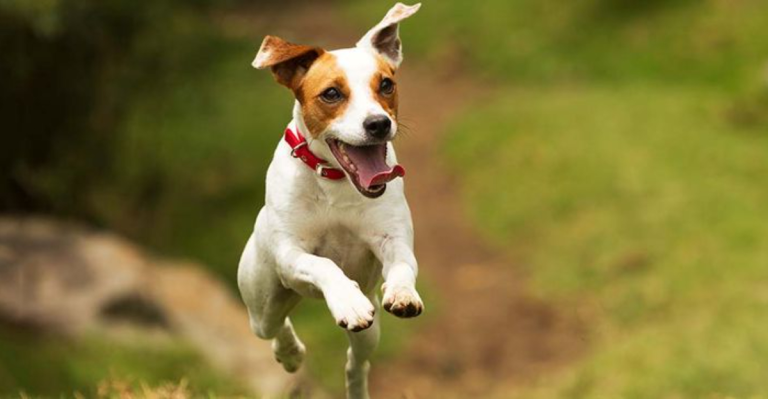10 Incredible Things Your Dog Can Sniff Out That You’d Never Notice
Dogs possess an extraordinary sense of smell, enabling them to detect things humans can’t perceive. Their noses can pick up a wide range of scents, from medical conditions to emotional states. Here are ten incredible things your dog can sniff out that you might never notice.
1. Changes in Blood Sugar
A canine’s nose is a marvel of biological engineering. Imagine your furry friend alerting you to a drop in blood sugar levels. Diabetic alert dogs are trained for this very purpose.
These remarkable animals can detect changes in human breath and skin, sensing hypoglycemia. Some dogs even nudge their owners to take action. How fascinating is it that a simple sniff could prevent a medical emergency?
The bond between a person and their alert dog is truly life-saving. Next time your pup sniffs your hand, they might be doing more than just saying hello.
2. Ovulation and Hormonal Shifts
Ever wondered why your dog pays extra attention to certain people at particular times? Dogs can smell ovulation and hormonal shifts. Their noses pick up on pheromones that indicate changes in a person’s reproductive cycle.
This ability is not just limited to humans, as dogs are known to react to hormonal changes in other animals too. Such sensitivity adds a layer of understanding to human-canine interactions.
These subtle cues can strengthen the bond between pet and owner, revealing a world of scents that guide their behaviors in unexpected ways.
3. Cancer
In the realm of medical marvels, dogs have proven themselves capable of sniffing out cancer. Some dogs are trained to identify the scent of cancerous cells on a person’s breath or skin.
This early detection can significantly impact treatment and survival rates. Imagine a simple sniff offering hope against a formidable disease.
Dogs like these bring new meaning to the phrase “man’s best friend.” Their contributions to health go beyond companionship. Truly, these four-legged detectives offer an invaluable service in the fight against cancer.
4. Bedbugs
You might find it surprising that dogs can sniff out bedbugs with astonishing accuracy. Their keen sense of smell allows them to pinpoint infestations in places like hotels and homes.
These pest-sniffing dogs are trained to detect the pheromones that bedbugs emit. This ability makes them invaluable in pest control, saving property owners from potential infestations.
With their noses leading the way, dogs offer an eco-friendly, non-toxic solution to a common problem. Their role in maintaining hygiene is as indispensable as it is effective.
5. Fear and Stress
In moments of fear or stress, your dog seems to know precisely how to respond. Dogs are incredibly attuned to human emotions, often detecting anxiety through pheromones or subtle changes in body chemistry.
Their comforting presence can alleviate stress and provide emotional support. Imagine having a personal therapist on four legs!
This emotional intelligence is why therapy dogs are so effective in hospitals and schools. Their ability to sense and respond compassionately makes them exceptional companions, enhancing mental well-being through their intuitive nature.
6. Natural Disasters
The uncanny ability of dogs to sense natural disasters is a mystery that continues to intrigue scientists. It’s believed they detect changes in the earth’s vibrations or atmospheric pressure before events like earthquakes.
Many dog owners have reported their pets acting unusually agitated before such occurrences. This sixth sense serves as an early warning system.
In a world full of uncertainty, having a dog might just be a lifesaver. Their instincts remind us of the unexplored depths of canine perception, hinting at phenomena beyond human understanding.
7. Diseases Like COVID-19
Amidst global challenges, dogs have emerged as unsung heroes in detecting diseases like COVID-19. By sniffing samples of sweat or breath, these trained dogs identify the virus with remarkable accuracy.
Their involvement in public health highlights their adaptability to new roles, demonstrating the potential of canine assistance in modern medicine.
The trust in a dog’s sniff to screen for viruses not only enhances safety but also offers a non-invasive diagnostic tool, bridging the gap between traditional and innovative health practices.
8. Electronic Devices
In a digital age, it’s fascinating to consider that dogs can sniff out electronic devices. Trained dogs detect the unique scent of components like circuit boards and batteries.
This skill is particularly valuable in law enforcement, assisting in locating hidden devices during investigations.
The idea of a dog sniffing out technology underscores their adaptability and the diverse roles they play in our lives. From crime-fighting to everyday companionship, their noses continue to surprise us with their capabilities.
9. Human Decomposition
In the somber world of search and rescue, dogs play an essential role with their ability to detect human decomposition. Their acute sense of smell enables them to locate bodies even in challenging environments.
These dogs bring closure to families and aid in vital investigations by identifying scents of decay that humans cannot.
The dedication of these canine heroes serves as a poignant reminder of their indispensable presence in critical situations, illustrating the profound partnership between humans and dogs.
10. Time
The notion that dogs can sense time is a captivating mystery. It’s believed that dogs use their sense of smell to perceive the passage of time, relying on scent degradation as a temporal marker.
This unique ability helps them anticipate daily routines and changes, creating a structured life for both pet and owner.
The idea of a dog understanding time through scent highlights the depth of their perceptual world, offering us a glimpse into how they navigate life in ways we are only beginning to comprehend.















